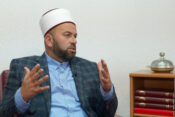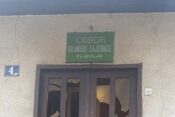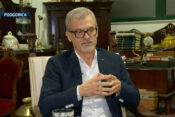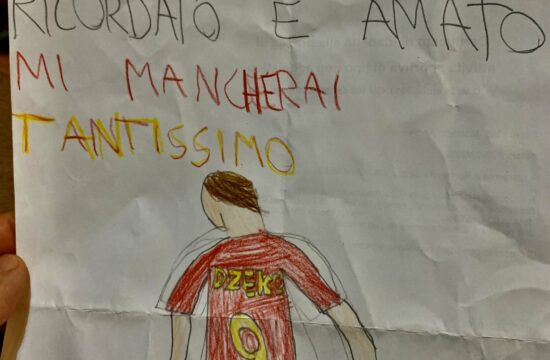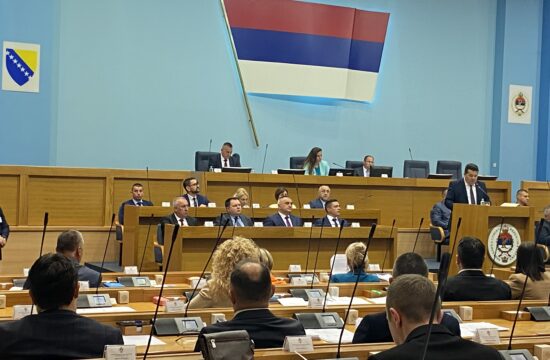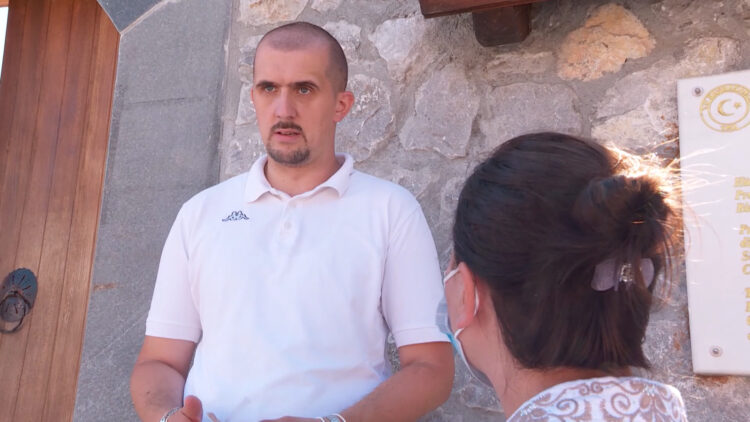
Emir Pilav, the Bosniak man who was attacked by Serb nationalists following the election in Montenegro, told N1 on Saturday that this was not the first time he experienced such an attack and that the state and the politicians "who have caused this situation" must do all they can so all of the citizens of Pljevlja feel safe.
“Turks, move away, you will disappear from this area,” is one of the messages Pilav heard several days ago from the groups of Serb nationalists who were celebrating in the streets after a pro-Serb opposition coalition took the majority in the country from President Milo Djukanovic’s Democratic Party of Socialists (DPS), after nearly 30 years.
On Tuesday, the premises of Islamic Community in Montenegrin northern town Pljevlja were targeted by vandals who broke the door glass panes and left threatening messages.
Pilav and his father were also physically attacked and reported the incidents to the Prosecutor’s Office.
“It all happened within those three days, but we felt like it lasted for an eternity – especially our elders who survived that terror of the 1990s which we have, thank God, stopped but which, as it seems, is emerging here again,” he said.
Although the doors on the premises of the Islamic Community are fixed, Bosniaks in the town are still upset due to the message that “Pljevlja will be Srebrenica.” Many of the local Bosniaks refuse to speak about the incidents, saying they are afraid to do so.
The local effendi, Samir Kadribasic, said that he did not know what to say or do to help the community after the nationalist incidents.
“When you have a situation where someone comes and sings Chetnik songs underneath your window while knowing that this is where you live, when you see them spreading a Chetnik flag across your car, in that moment you simply have no idea how to help yourself, let alone your family and other citizens,” Kadribasic said.
There is an increased police presence in Pljevlja these days, especially near the Husein Pasa Mosque. Pljevlja’s mayor, Igor Golubovic, said that those few days were “pretty distressing, pretty devastating” and that they served as a “warning,” given that “we all together survived a period we thought we had forgotten.”
“I'm sure the political parties, whether it was the government or the opposition, didn't want this,” he said.
While the parties in the country keep shifting the blame for the incidents on each other, locals in Pljevlja are moving out of the town.
“Pljevlja is not the only problem, but the entire north of Montenegro. Youth is leaving because of unemployment and other things already and them might start leaving even more because of these things that are happening now,” Pilav said.

